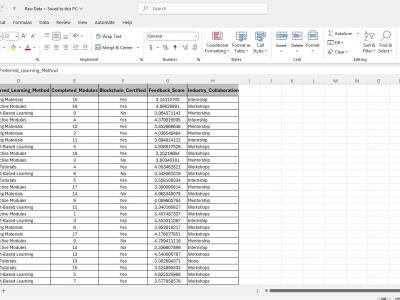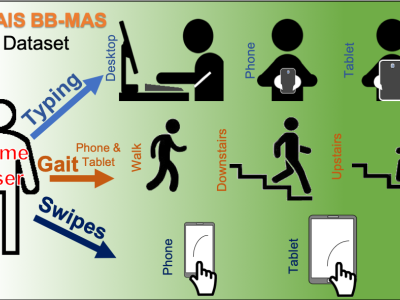RAW DATA

- Citation Author(s):
-
Syed Rizwan Ali (Bahria University Karachi )
- Submitted by:
- Syed Rizwan Ali
- Last updated:
- DOI:
- 10.21227/031t-k561
- Data Format:
 146 views
146 views
- Categories:
- Keywords:
Abstract
Entrepreneurial education still faces diverse challenges, including discrepancy between the theory and the practice with regard to professional standards for credentialing and preferential access to quality training opportunity. Although the ability of Digital Learning (DL’s) is to provide scalable, adaptive and attractive learning, the issues to ensure quality assurance and the way to evaluate the skill validation are still open. Blockchain technology has been suggested to be a new solution that allows validity and immutability of credentialing systems to generate trust and transparency. This study proposes a hybrid framework integrating blockchain-based assessments, personalized learning pathways, and a stakeholder-driven ecosystem. The framework establishes the connection between learning objectives and work requirements, enables competency endorsement and can be used to promote access and inclusion. Principal findings show that blockchain-based approaches can support credential trust and job-readiness, and that personalized learning paths can foster motivation and practical skill development. Following the model described here, the following could be promising to be incorporated into the transformation of entrepreneurial training, such as bridging the classroom structure and industrial requirements. Additional research should also investigate the generalizability of the framework, and to what extent and to what degree the integration of new technologies (such as augmented reality and Artificial intelligence) can improve the learning experience. This architecture offers a scalable, fair solution to the future of entrepreneurial pedagogies that are gearing future learners to be successful and resilient under similarly challenging and uncertain conditions.
Instructions:
Data Key metrics





